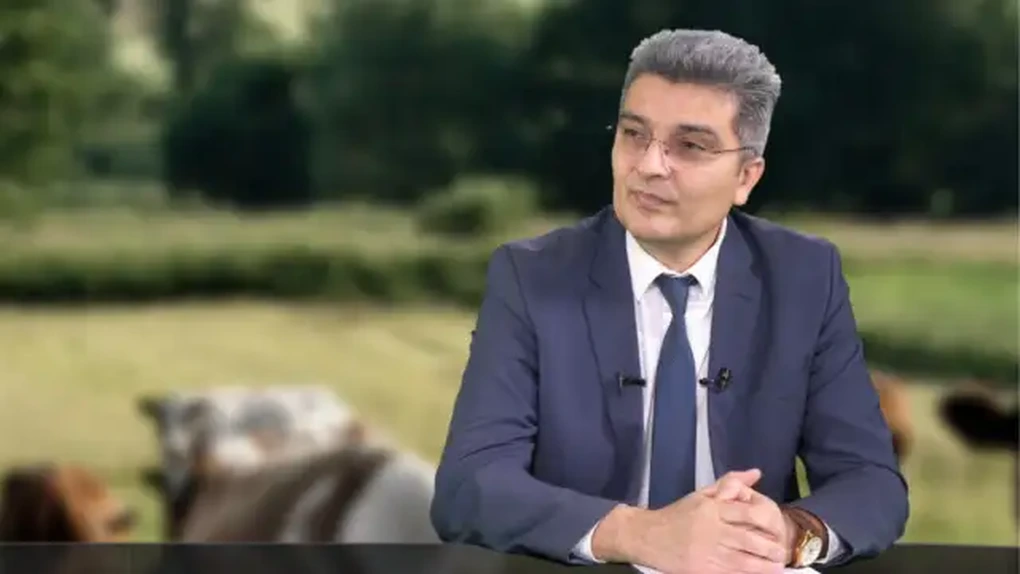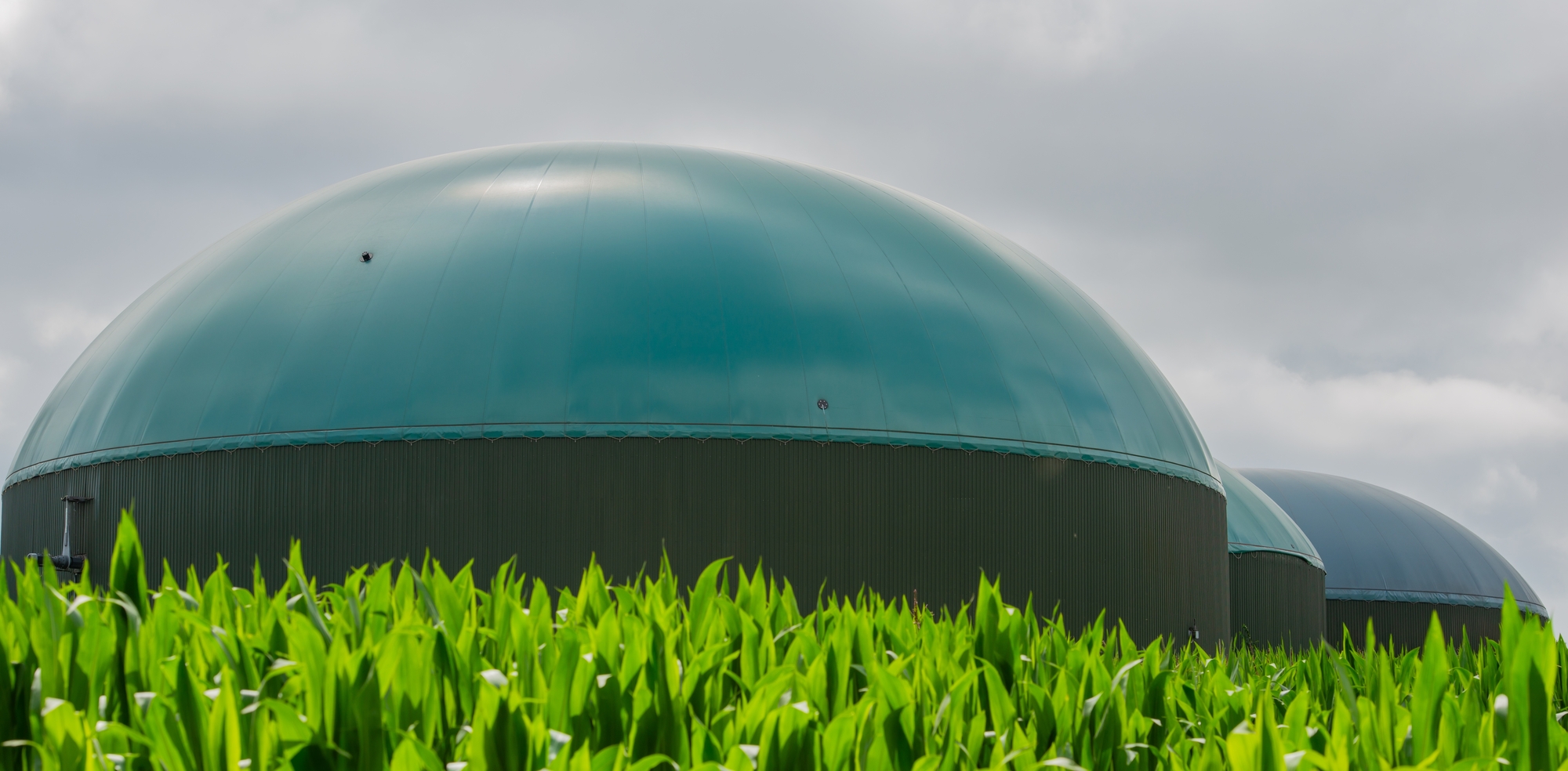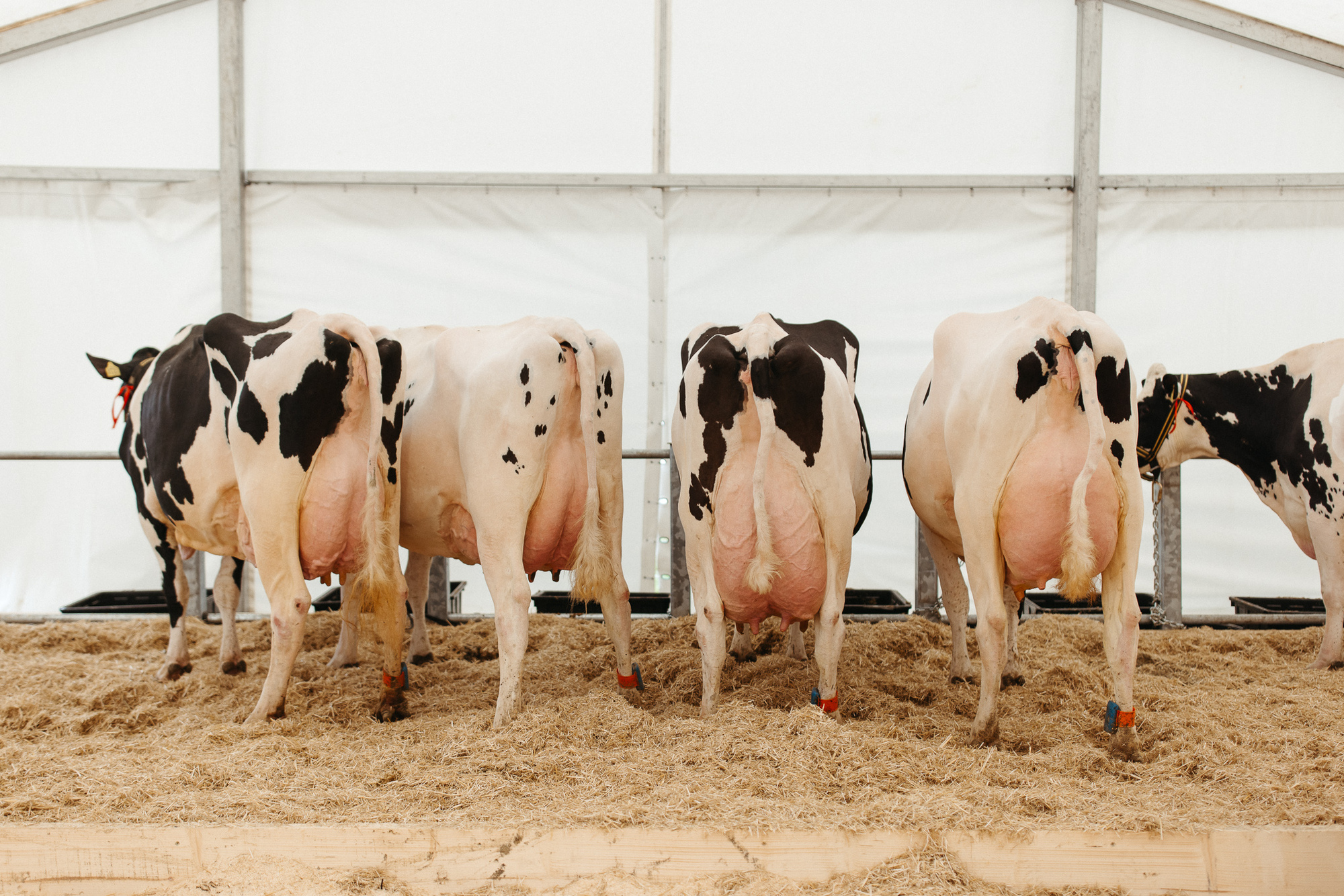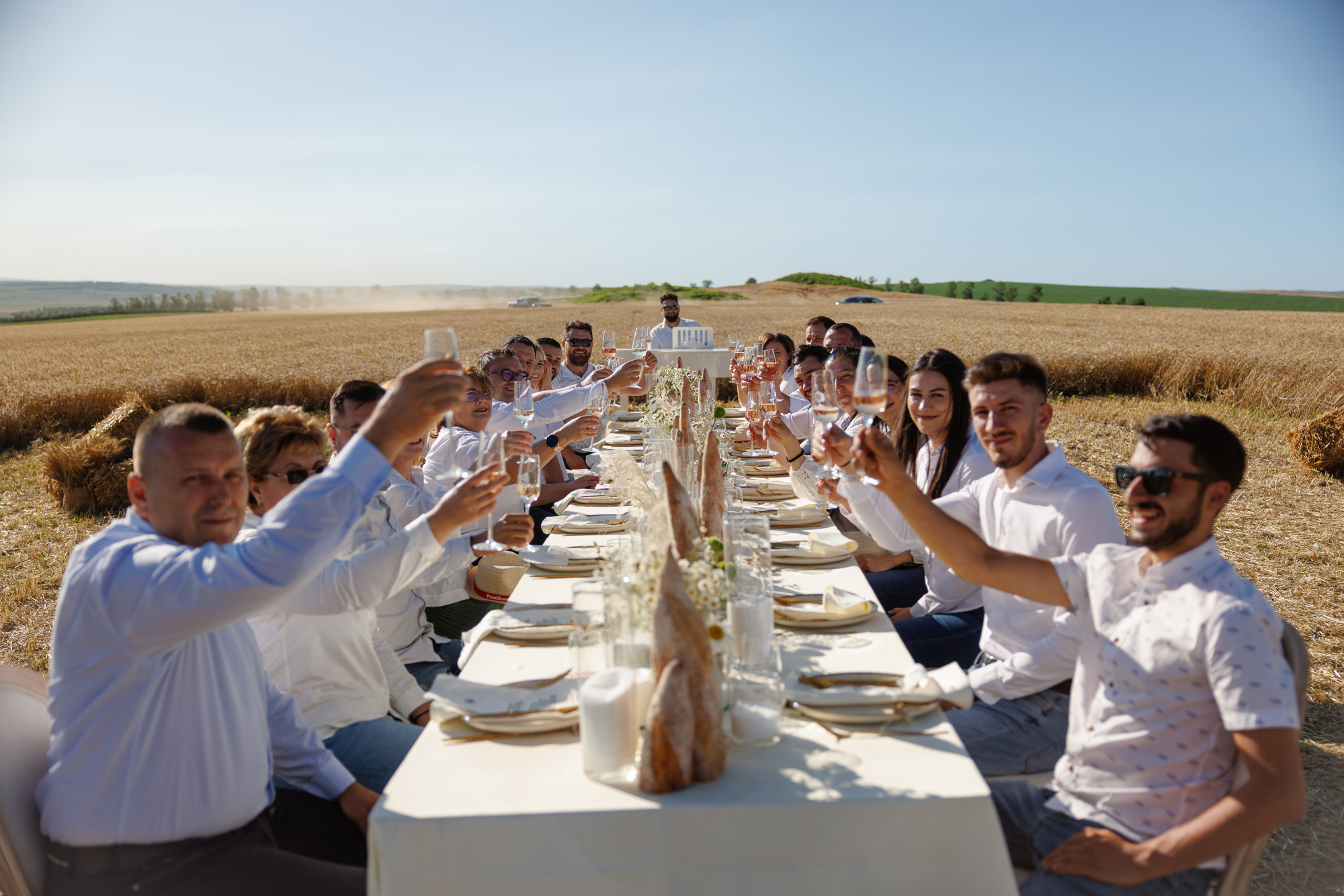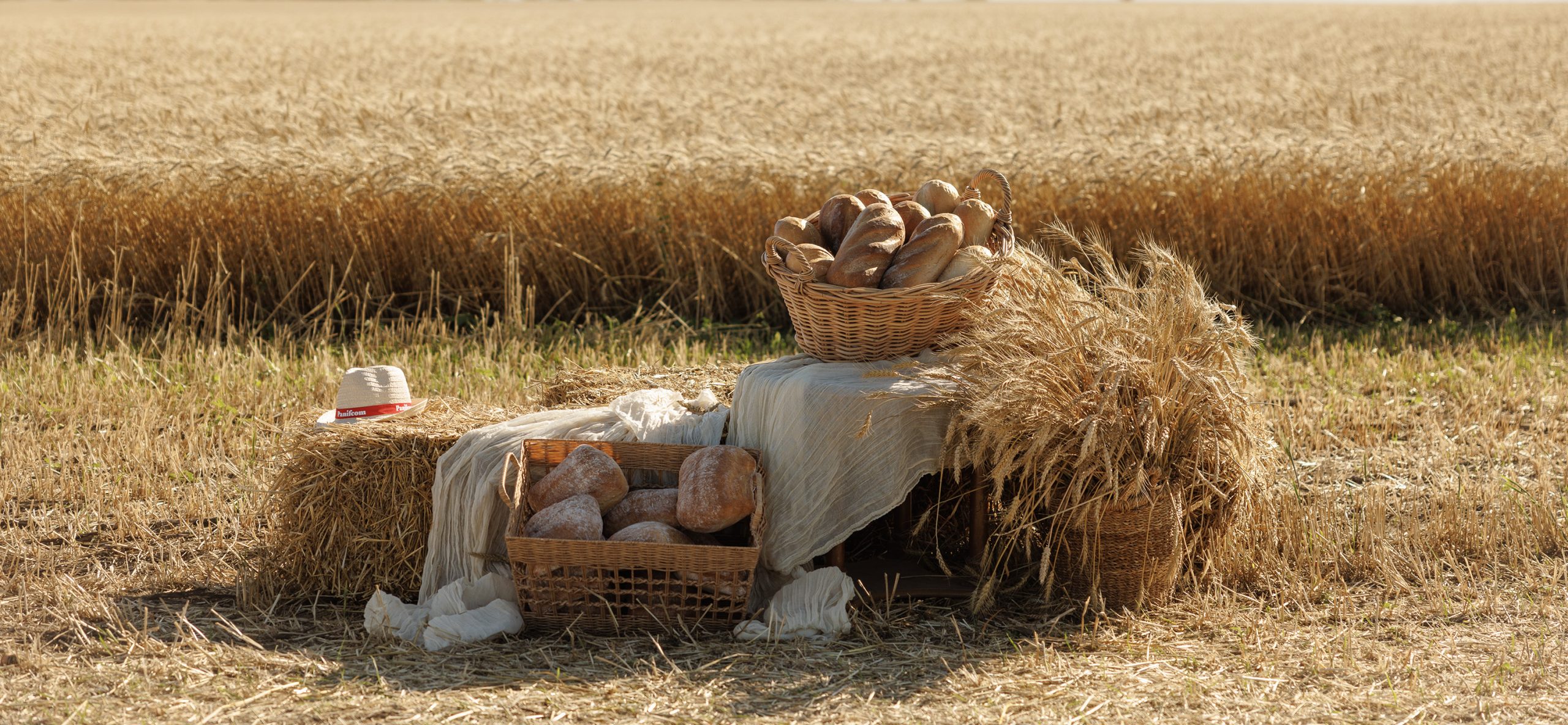The next step for Romania in the field of animal husbandry should mean the resettlement of our country on the genetic market, and in the near future I intend that at the level of the National Agency for Animal Husbandry (ANZ) we will have discussions with the representatives of the dairy cow sector regarding the promotion and export of genetic material, said, in Vlădeni, Iasi county, the general director of ANZ, Florinel Bîrcă (photo).
You must know that, unfortunately, the dairy cow sector in Romania is divided into two: cows that are in the genealogical register and that benefit from all the rigors of a register and a breeding program and whose results we see here and animals in the smaller holdings, which are not part of the improvement program, whose genetic quality is lower, logically, and thus the average amount of milk per head is lower in Romania. The future must mean the dissemination of the seed material obtained here, that is a very good thing. It must be stated that for 30 years we have not had male breeders on the breeds of dairy cows from Romania, I am also referring to the Holstein and the Romanian Bălţata. Today we have, and the semen – the MSC – disseminated in the population comes to show us that we are up there, the quality of these bulls is above the average of the farms I’m talking about, that is, those with lower productions. Thus, in Romania, we count on what means genetics, we count on what means high milk cow productions. I have only to congratulate the owner, because it means hard work, it means work for decades – in improvement, results are not obtained tomorrow, they are obtained after several generations – the genealogical register of which it is a part. In improvement, know that performance is achieved step by step. What does improvement mean? A well-known, assisted reproduction, a rigorous selection, with high selection intensity and obtaining a population in the following year a little better than the previous one”, stated Bîrcă, on the occasion of a visit to the Panifcom cow farm, Agerpres reports .
In his opinion, the next step should mean the resettlement of our country on what the genetic market means in Romania.
“We are at Panifcom, an exceptional farm, a dairy cow farm that is part of the Holstein.ro genealogical register, a farm that has invested decades in breeding and you can see the results behind me. That is, animals that can successfully face an international exhibition, not only in Romania. In my opinion, it is one of the best farms in Romania in terms of milk production and the genetic quality of the animals you see here and a farm, as I told you, that can compete with other farms. I want to tell you that today or during this period we are trying to close a circle through what genetics means. (…) I was talking earlier with the manager of the farm and he was telling me that, indeed, every year he gets a little more than in the previous generation. The closer you get to the genetic potential of animals, of course the magnification is smaller and smaller, just like with athletes. The next step for Romania should mean the resettlement of our country on what the genetic market means in Romania. The representatives of the respective registry and other registries are wanted for the export of the genetic material. When I say genetic material, I am referring here to MSC or material, i.e. the vines, genetic material on the legs. What does that mean? That in a free market is a confirmation of the quality of animals in Romania”, said the head of ANZ.
According to him, in Romania, higher productions will be obtained and thus we will count on the European market.
“In my opinion, this thing is a success and I trust that this market (genetic market – no) and the livestock sector in Romania, as long as it is supported by a strong vegetable sector, will perform, because it is natural. The farm that we see here benefits from the support of the plant sector and thus becomes profitable”, said Florinel Bîrcă.
Asked by AGERPRES what the Ministry of Agriculture should do for the sector to reach these results, the general director of ANZ answered: “First of all, the ministry, the state authorities, the agency that I represent must listen to the farmer, see which are the requirements, what are the needs it has and, together, only together, we must find solutions to move forward”.
“In the near future, I intend that at the level of the National Agency for Animal Husbandry, we will have discussions with the dairy cow sector regarding the promotion and export of genetic material from Romania”, said Bîrcă.
He added that programs in the livestock sector are being prepared, because first you have to know what the farmer wants and what he wants to do, then find the financial possibilities.
“Programs to support the livestock sector in Romania – and I am referring here to genetics – exist. There is Ordinance 61 which supports the activity from a genealogical register up to 100%, and the official production control, that is, on the ground, the checks that are made, are supported up to 70%. So, the Government of Romania, the Ministry of Agriculture, the state authorities understand that performance in animal husbandry is not achieved every year, and for that it must be supported, so that you can enter the market with superior genetic material”, he pointed out.
The Panifcom cow farm has a herd of 2,050 animals, 800 milking cows and an average daily production of 47.5 liters/head, but there are also specimens that give 80-90 liters/day. The milk obtained on the farm is sold to a processor in the Moldova area.
“We also have extraordinary cows, both from the point of view of production and from the point of view of the exterior. In general, I have prepared animals with very good external characters, with very good lactation and animals with very high productions, respectively 70-80 liters. The average on the farm is 47.5 liters, but in the first part of the lactation the animals go to 70-80 and even to 90 liters, and in the second, third lactation they exceed 70 liters. Our interest is to obtain as many animals as possible”, Lucian Chelariu, head of the Panifcom farm, declared for AGERPRES.
According to him, in order to maintain a high productive level, the investments amount to millions of euros.
“The costs are high enough to manage to maintain a high productive level. There are a lot of costs. There are costs with very good quality equipment and there are costs with the maintenance of these animals. There are a lot of procedures and a lot of work that is done daily and without which we cannot reach such a productive level. And, of course, the equipment used in the farm is very high quality and expensive equipment. The investments are very large, they are of the order of millions of euros”, he said.
The Panifcom farm also exports, recently a truckload of heifers arrived in the Republic of Moldova, and eight bulls were taken to the post-genetic testing center in Hungary.
Asked if there is an intention to export to other countries as well, Lucian Chelariu stated that the closest place for the farm in Vladeni is the Republic of Moldova.
“It is important that the animals arrive at the destination farm quickly, not to be very stressed on the way, to be able to express their potential and to arrive in the best physical conditions”, emphasized the head of the farm.
Chelariu added that it is desired to expand the farm, but in 2023 and this year there are many uncertainties on the milk market.
“We intend to increase both the capacity of milking cows and the total herd of the farm, but in the last two years there has not been very good stability both on the price of milk and on what the milk market means. These years were very unstable and with a fairly low milk price”, he emphasized.
Panifcom is a sustainable business model in Moldova, a homogeneous ecosystem with four interconnected but independent branches of activity – grain cultivation, animal husbandry, milling and baking. In 2024, Panifcom, the most important bakery producer in Moldova, celebrates 100 years of existence.
Photo source: Agrointel.ro
Original article: Here.


